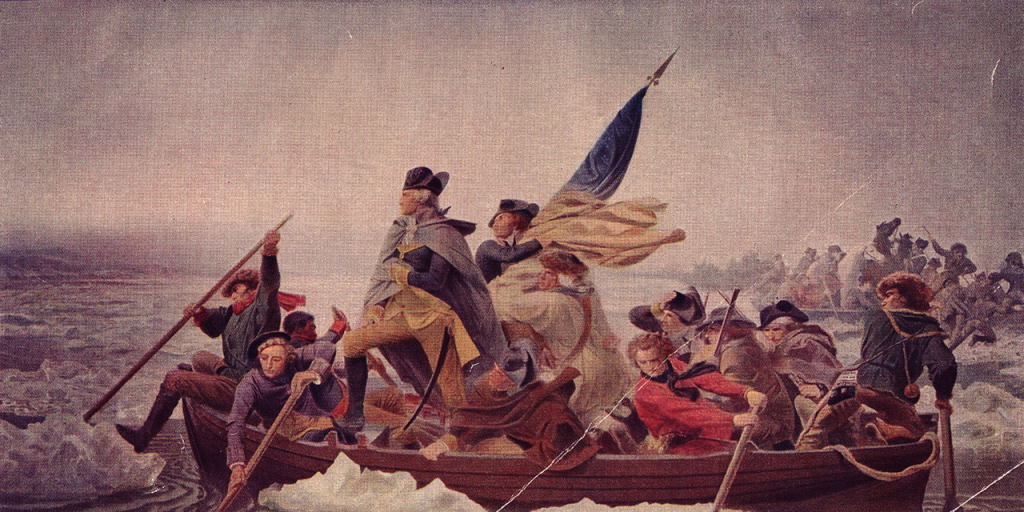In September 1783, the Treaty of Paris officially ended the American Revolution, but it didn’t end America’s troubles. As British troops evacuated New York, their commander, Sir Guy Carleton, sneered, “Let’s see how long they last without a king.” Little did he know, the real threat to America’s fledgling democracy wasn’t the British—it was the very army that had won independence.

The Army’s Mutiny: A Crisis in the Making
The Continental Army, more loyal to George Washington than to the fledgling Congress, was on the brink of rebellion. After eight years of war, the soldiers were exhausted, unpaid, and disillusioned. The Continental Congress, weak and penniless, had failed to provide for the men who had fought for independence. By 1783, frustration among the officers had reached a boiling point.
In March, a group of officers gathered in Newburgh, New York, to discuss their grievances. They were ready to march on Congress, demand their pay, and possibly install Washington as a military dictator. The so-called Newburgh Conspiracy threatened to plunge the young nation into chaos.
Washington’s Masterstroke: The Power of Humility
When Washington learned of the plot, he acted swiftly. On March 15, 1783, he surprised the conspirators by showing up unannounced at their meeting. Standing before his officers, Washington delivered one of the most important speeches of his life.
He appealed to their sense of duty and honor, reminding them of the ideals they had fought for. But it wasn’t his words that turned the tide—it was a simple, human moment. As Washington struggled to read a letter from Congress, he paused, pulled out a pair of glasses, and said, “Gentlemen, you will permit me to put on my spectacles, for I have not only grown gray but almost blind in the service of my country.”
The room fell silent. Many officers wept. In that moment, they saw not a general seeking power, but a man who had sacrificed everything for their cause. The conspiracy collapsed, and the officers agreed to give Congress more time to address their grievances.
The Farewell: A Lesson in Leadership
By December 1783, the war was over, and Washington was ready to step down. On December 23, he appeared before Congress in Annapolis, Maryland, to resign his commission as commander-in-chief. In a carefully choreographed ceremony, Washington handed over his sword and returned his authority to the civilian government.
His speech was brief but profound: “Having now finished the work assigned me, I retire from the great theater of action… I here offer my commission, and take my leave of all the employments of public life.” With those words, Washington set a precedent that would define American democracy: the peaceful transfer of power.
The Legacy: Why Washington’s Choice Still Matters
Washington’s decision to relinquish power was unprecedented. In an era of kings and emperors, he chose to walk away from absolute authority. His actions not only saved America from military dictatorship but also established the principle that no individual is above the law.
Today, Washington’s legacy is a cornerstone of American identity. His humility and restraint remind us that true leadership isn’t about holding onto power—it’s about knowing when to let it go. As historian Joseph Ellis put it, “Washington’s greatest act was not winning the war, but surrendering his sword.”
Modern Relevance: A Lesson for Today
In a world where leaders often cling to power, Washington’s example is more relevant than ever. His commitment to democracy and civilian control of the military remains a guiding principle for nations around the globe.
As we reflect on Washington’s choice, we’re reminded that the strength of a nation lies not in its armies or its leaders, but in its commitment to the rule of law and the will of the people. Washington didn’t just win America’s independence—he showed the world what it means to be free.

No comments yet.